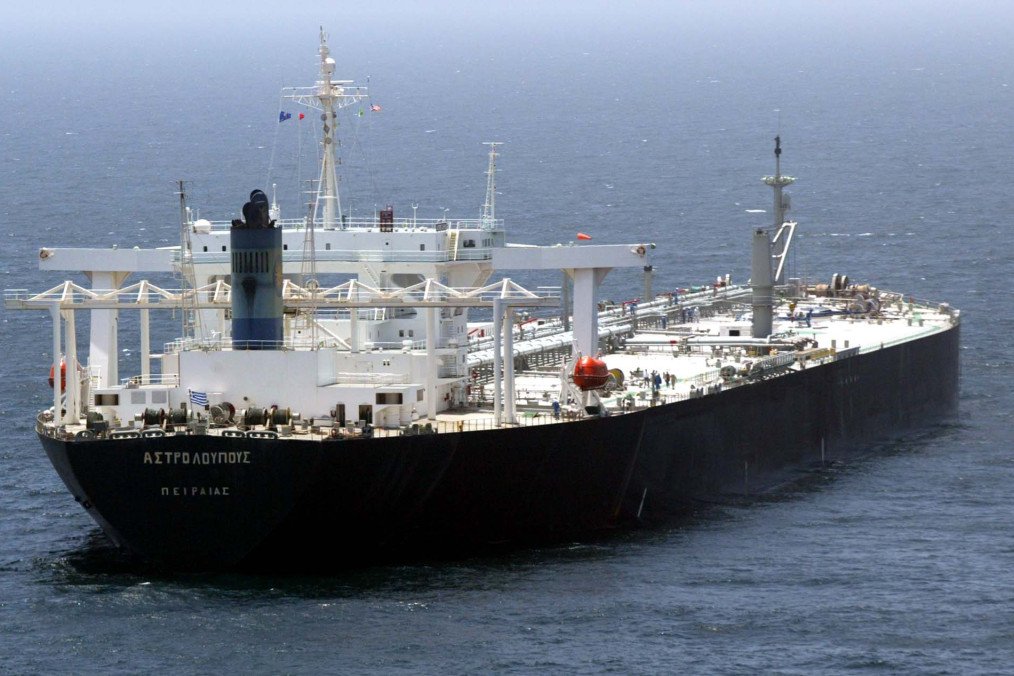- Category
- Latest news
Japan Buys Russian Oil Using Blacklisted Tanker, Defying US and EU Sanctions, Bloomberg Reports

Japanese oil refiner Taiyo Oil Co. has received a shipment of 600,000 barrels of Russian Sakhalin Blend crude delivered by a tanker under US and EU sanctions, Bloomberg reports on June 9, citing vessel tracking data.
According to Bloomberg, the Voyager tanker loaded the cargo at Prigorodnoye terminal on Sakhalin Island on May 25 and arrived at Kikuma port in Japan on June 9.
This is reportedly the first such delivery in over two years, highlighting what the agency describes as a growing willingness among international buyers to engage in transactions involving Russian oil, even as the war in Ukraine continues into its fourth year.
Despite the Voyager being listed by both the US Treasury’s Office of Foreign Assets Control (OFAC) and the European Union, the shipment is technically permitted under Japan’s national energy security exemption.
This exemption, which applies specifically to Sakhalin Blend crude, was recently extended through June 2026 as part of the EU’s 17th sanctions package. The US exemption, renewed periodically, is currently set to expire on June 28.
A spokesperson for Taiyo Oil confirmed the shipment and stated that the crude was procured at the request of Japan’s Ministry of Economy, Trade and Industry (METI).
The supply is linked to ongoing operations of a Japanese-supported liquefied natural gas (LNG) project, which extracts oil and gas simultaneously. According to the company, the LNG output would be negatively affected without this crude delivery.

Bloomberg notes that, prior to Russia’s full-scale invasion of Ukraine in February 2022, Japanese refiners regularly imported four cargoes per month from the Sakhalin-2 project.
Japanese firms Mitsui & Co. and Mitsubishi Corporation retained their stakes in the project—12.5% and 10% respectively—after Moscow restructured its ownership in 2022. However, direct purchases were largely paused following the invasion.
The decision to accept a shipment aboard a blacklisted vessel comes as other sanctioned tankers have remained idle for months.
According to Bloomberg, this hesitancy appears to be easing following the return of President Donald Trump’s administration, which, as the agency suggests, may be prioritizing uninterrupted oil flows over enforcement of previous sanctions frameworks.
At least 20 cargoes of Russian crude have reportedly been delivered to China and Syria aboard sanctioned vessels since January 2025. In some cases, ships completed the final leg of their journey after ship-to-ship transfers onto non-sanctioned vessels, a method increasingly used to bypass sanctions visibility.
Bloomberg further reports that Indian refiners have continued importing Russian oil without significant restrictions, despite earlier commitments to observe US-led measures.
Earlier, on May 17, China launched six satellites for Spacety—a firm sanctioned by the US for supplying imagery to Russia’s Wagner Group—using a Zhuque-2E rocket. Despite its designation under US Treasury sanctions in 2023 for aiding Wagner’s operations in Ukraine, Spacety continues to operate openly.



-c439b7bd9030ecf9d5a4287dc361ba31.jpg)

-111f0e5095e02c02446ffed57bfb0ab1.jpeg)

